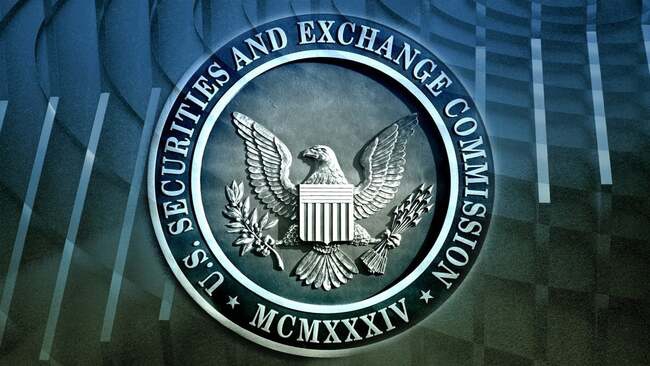Highlights:
- Citadel has asked the SEC to apply the same rules to tokenized stocks as traditional equities.
- Tokenized securities may hurt market stability by creating confusion over rights and draining liquidity.
- Citadel supports crypto entry but says all players must follow equal rules to keep trust in financial markets.
Citadel Securities has urged the U.S. SEC to treat tokenized securities the same as traditional stocks. In a July 21 letter to the SEC’s Crypto Task Force, the company argued that digital assets that resemble equity securities should not be treated differently. Citadel stated that these products should compete by offering real value to the market instead of exploiting gaps in compliance.
🚨NEW: Citadel Securities urges the SEC to proceed cautiously on tokenized securities, warning streamlined rules could create investor confusion and an uneven playing field.#crypto pic.twitter.com/DpTkFrLUqf
— CryptOpus (@ImCryptOpus) July 23, 2025
The company welcomed new technologies but noted that some startups attempt to circumvent key security features associated with the traditional markets. Citadel emphasized that blockchain-based products should adhere to the rules of the national market system. These rules include fair access, trade transparency, and best execution. According to the firm, granting digital assets lighter standards could weaken trust in financial markets.
Citadel also rejected the idea of using a sandbox model, which allows limited oversight for new products. It contended that established entities with extensive resources tend to apply such patterns to evade protection. Instead, the company demanded a formal rulemaking procedure initiated by exchanges, issuers, institutional investors, and retail traders. Citadel thinks that uniform rules will preserve market order and enable innovation to expand in a responsible way.
Citadel Urges SEC to Treat Tokenized Securities As Traditional Stocks
Citadel warned that blockchain-based equities could create major risks across the broader financial system. The firm raised concerns about liquidity fragmentation, unclear voting rights, and confusion over tax obligations. These issues, according to Citadel, may harm investors and reduce confidence in market fairness. It added that the growth of parallel markets could cut off access for key financial institutions such as pensions and banks.
The firm also pointed to possible damage to the ETF market and companies preparing to go public. Without any checks and balances on blockchain-based equities put in place, firms might postpone their initial public offerings and forego typical disclosure procedures. According to Citadel, this may curtail transparency and decrease the disclosure of information to investors. It also cautioned that such changes might reduce shareholder involvement in decision-making.
Citadel also requested the SEC to collaborate closely with the Commodity Futures Trading Commission and other international regulators to help in matters that are of cross-border concern. In the meantime, the Senate has published the market structure discussion draft regarding crypto regulation. The draft builds on the CLARITY Act that passed the House. The bill provides a detailed plan of how digital assets should be regulated in the U.S.
Citadel Supports Crypto Market Entry Under Consistent Rules
Although Citadel urged the SEC to treat tokenized securities as traditional stocks, it acknowledged that digital assets now attract serious interest from major investors. Citadel has shown signs of entering the crypto trading space and views the market as an area worth watching.
Citadel believes that innovation should strengthen, not weaken, the structure of financial markets. The firm made it clear that success should depend on market value, not on exploiting gaps. It also warned that any shift in oversight must cover the full market rather than benefit a few players.
Best Crypto Exchange
- Over 90 top cryptos to trade
- Regulated by top-tier entities
- User-friendly trading app
- 30+ million users
eToro is a multi-asset investment platform. The value of your investments may go up or down. Your capital is at risk. Don’t invest unless you’re prepared to lose all the money you invest. This is a high-risk investment, and you should not expect to be protected if something goes wrong.






